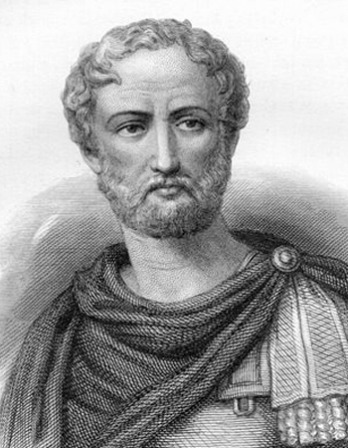Climate is a subject upon which the most extravagant and unreasonable statements are made.
Not only do many men, even of much scientific information, imagine that within the short scope of their own recollection they can detect a permanent change in weather or some other phenomenon, which would involve a connected change over all the regions of the earth, but they even assert that man’s muscular strength and mental ingenuity can effect such changes. The clearing away of trees, they say, will render a climate dry; extensive reservoirs of water may increase the moistures of the atmosphere. But they forget that a climate depends entirely on winds which have a worldwide extension, and which bear moisture from pole to pole. It is probably very seldom that water falls as rain within a thousand miles of the spot where it rose upward as vapor. To influence, therefore, the climate of one place, man must exert an influence over wide regions. Now, of the whole surface of the earth, three-quarters are occupied by the untamed ocean, and of the dry land probably not more than a fourth part is at all inhabited by man. Again, even in the most populous countries of Europe, such as England or Belgium, only the lesser part of the land is cultivated or much changed by man. How utterly inappreciable then must be man’s influence over the unmeasured tracts of Central Europe, of Asia, Africa, America, and lastly, Australia—tracts which he merely calls his own! In several instances indeed, philosophers have succeeded in proving that the climate, or at least the temperature of the air (in France and Italy), has not permanently varied in the least degree for thousands of years.
From “Some Data Concerning the Climate of Australia and New Zealand.” Originally published in Waugh’s Australian Almanac, this article provided remarkably accurate descriptions of climate fluctuations in Australia, where Jevons had gone to work as an assayer at the Royal Mint. The economist later posited what is now known as the Jevons paradox, which finds that improved energy efficiency reduces the cost of energy and ultimately increases its use. At the time Jevons was writing, the total world population was around 1.2 billion; the current estimate is 7.7 billion.
Back to Issue





